It’s time to start solids in our household! I find starting solids with bub to be a very exciting, maybe a little terrifying, messy, adorable milestone to reach. I remember when I first started solids with our first bub, I felt like my days were already completely full. Between nappy changes, breastfeeding, naps (his and mine), getting out and about when I could and keeping on top of (our much smaller, mind you) Bubka workload, HOW was I going to fit in starting solids too?!
As bub and I began to progress through our taste tests I realised how much fun starting solids can be. I don’t claim to know much about the process, just my own experience but as a mum with two kiddies, and if I can give you any tips, it’s this:
- Do what you’re comfortable with, but also trust that bub has got this and will tell you when they are ready. If bub isn’t so interested at first, that’s ok, keep at it, they will be soon. If Baby Led Weaning scares you and purees are your vibe, then do that- bub will get there in the end.
- Know the difference between choking vs. gagging and when you may need to step in. It’s important to know what to do if bub does start to choke, so having some first aid training for you, your partner or anyone who will be feeding bub was so reassuring for us. We had a scare involving our bub and an apple and as terrifying as it was, I felt confident knowing what to do when it happened.
- Test for allergies properly and start the process as soon as you can - because it can be sloooow. There’s a lot of advice out there to follow and I’m not the right person to share info on this, but what I can say is that allergy testing needs to be done properly. There are some wonderful products out there to help you test for allergies, saving you on prep time, energy and money.
- Don’t get bogged down by what you see on social media. It’s very easy for you to think you aren’t doing enough if you see mums on Instagram and TikTok making full blown meals for their kids - it really lets the mum guilt creep in. Do what you can - if that means bub is eating eggs (after allergy testing, of course) twice in a day, then do it. They won’t mind or remember, I promise.
- If you are breastfeeding, follow the advice of a trusted lactation professional who can advise you on the best way to start solids without impacting your milk supply. I spoke to IBCLC and Paediatric Nurse Abi Barham to learn more about this and here are her incredibly valuable weaning tips.
Words by Abi Barham at Abi Barham Lactation Support:
Part of weaning will be a very gradual reduction of the milk bub will drink. Milk feeds are still super important, providing valuable nutrients, aiding digestion of new foods, and offering protection with antibodies and probiotics. Through breastfeeding, they’ve already been exposed to a broad variety of tastes via your diet.
Keep an eye on nappies - too many solids and not enough milk can lead to constipation. If this happens, increasing breastfeeds usually helps. Bub should still have at least 4–6 heavy wet nappies a day.
As the weeks progress, babies may start to lose interest in some feeds, but this isn’t always weaning. It’s uncommon for a baby to self-wean before 12 months. If your baby refuses the breast temporarily, continue expressing using a hands-free pump like the Bubka Move. Once bub returns to the breast, supply will naturally adjust again.
At 7+ months, bub is probably enjoying solids more, but 2 meals a day is enough for now. Continue offering a breastfeed before solids with a 30–60 min gap. They may still feed 6+ times a day, including overnight, which is completely normal.
By 9–12 months, they may drop a breastfeed and move to 3 meals a day plus snacks. Your body will adapt gradually - this supports better hormonal balance and mood. It’s also normal to feel some sadness as breastfeeding winds down.
There are huge benefits to feeding beyond 1 year. Even just a morning and night feed can provide a lot of nutrition and emotional comfort, while fitting into a work schedule.
Breastfeeding continues to soothe during illness or after a tumble and is often well-tolerated when bub can’t handle food. It’s an emotional regulator, a comfort, and still packed with nutrients.
If you’d like one-on-one support, Abi is truly amazing and you can reach her at Lactation Support.


